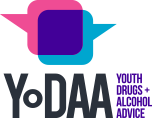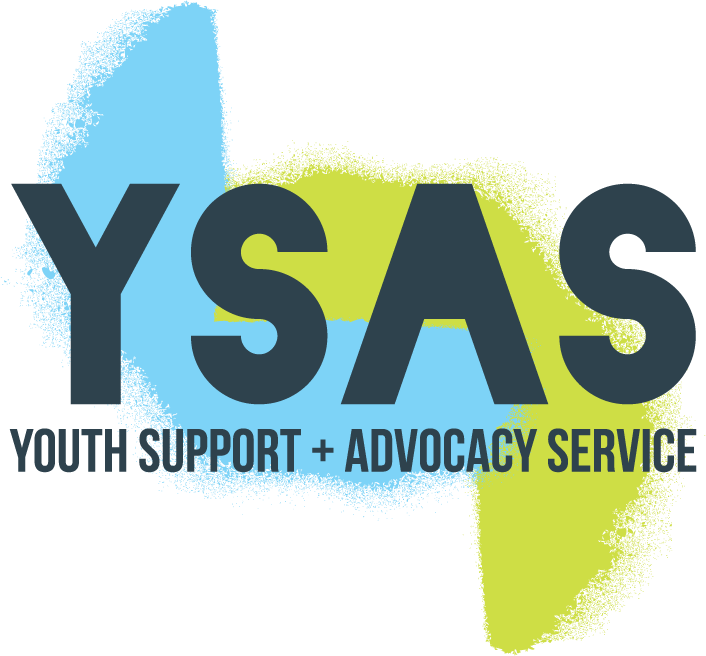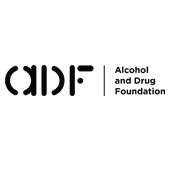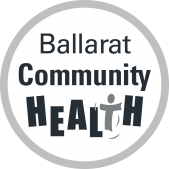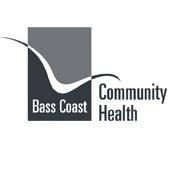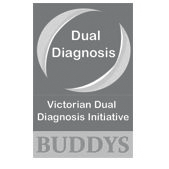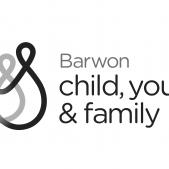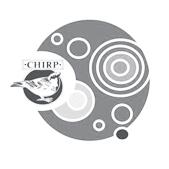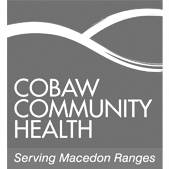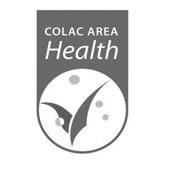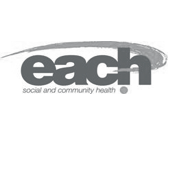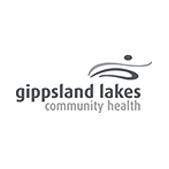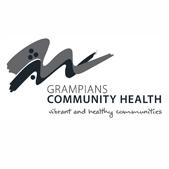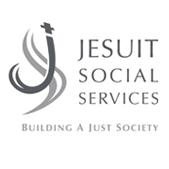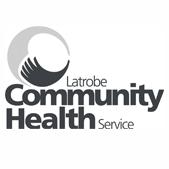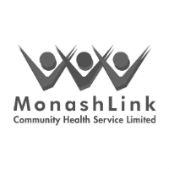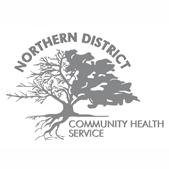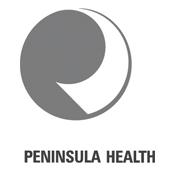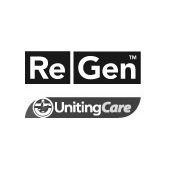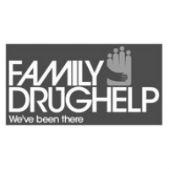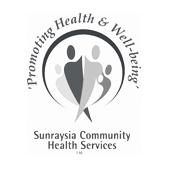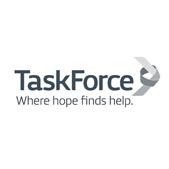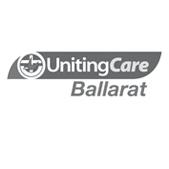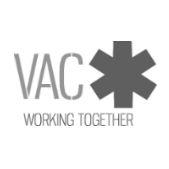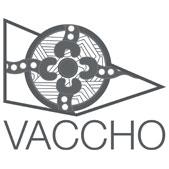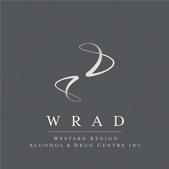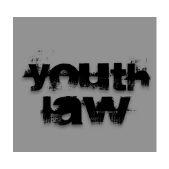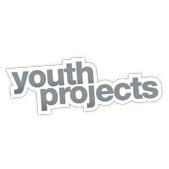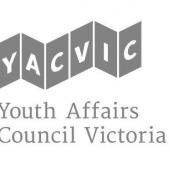Practice
Best Practice Youth Work
The term ‘best practice’ is used often in youth work. What does best practice mean for youth workers and the work we do?
Best practice can mean many different things; essentially it’s about approaching youth work with a sound evidence base, a strong set of values, integrity, professionalism and an openness and practice of reflection.
Fundamentals of best practice are:
A solid base of evidence
- Evidence based practice ensures quality, youth work. There is no single evidence base on which we draw from. Youth work is precisely about a mix of evidence bases and theoretical approaches which support best practice. A good youth worker should have a sound understanding of the principles of youth work and a toolkit of approaches based on evidence.
- Being transparent with your co-workers about the evidence you draw on for your practice allows them to develop as workers and gives the individual and team safety.
Reflective practice
- Engaging in reflective practice is an integral part of best practice. Reflecting on practice through clinical supervision, organisational supervision and relationships with your peers ensures ongoing professional development.
- A culture of engaging and supporting your team with reflexivity supports best practice.
Development
- Youth work best practice means that we strive to always grow professionally and reflect on what we need to know to ‘do better’.
- Self-care is central to maintaining professional wellbeing and continuing to develop as workers.
Professionalism
- Professionalism is central to best practice.
- The foundation of professionalism is the way in which we engage with people through our work. Youth work often means engaging with a mix of people from different professions and experiences, professionalism in all engagements is important.
- Some youth workers will informalise their approach to maximise engagement with young people and develop the ‘therapeutic relationship’, this should be an intentional strategy.
Integrity
- Integrity in youth work means role modelling your own professional ethical values and also those of the organisation that you represent.
- Knowing how your personal values differ from your professional values is an important skill of reflective practice.
Best Interests of young people
- Young people, their interests and their goals are the primary consideration of our work.
- Youth AOD work should be empowering.
- The best interests of young people being central to our work doesn’t mean that we don’t also at times negotiate the space between providing information, resources and support to those around them.
Collaboration
- Best practice means young people are active participants in the therapeutic relationships. Collaboration occurs with all the important people in their lives including other services, families and loved ones.
There are many resources that youth worker can use for development and growth.
- Youth AOD toolbox
- Victoria’s Code of Ethical Practice
- Youth AOD Learning Hub
- Youth Work Practice and Strategies
- Reflective Practice
